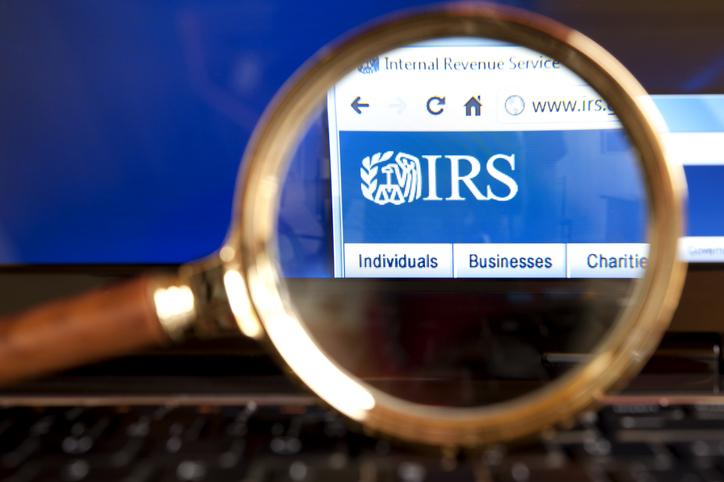
Form 1023 Questions Posted by IRS
The IRS has posted in links to the questions Exempt Organizations specialists are instructed to ask in relation to various issues raised by applications for exemption and miscellaneous determination requests.

The IRS has posted in links to the questions Exempt Organizations specialists are instructed to ask in relation to various issues raised by applications for exemption and miscellaneous determination requests.
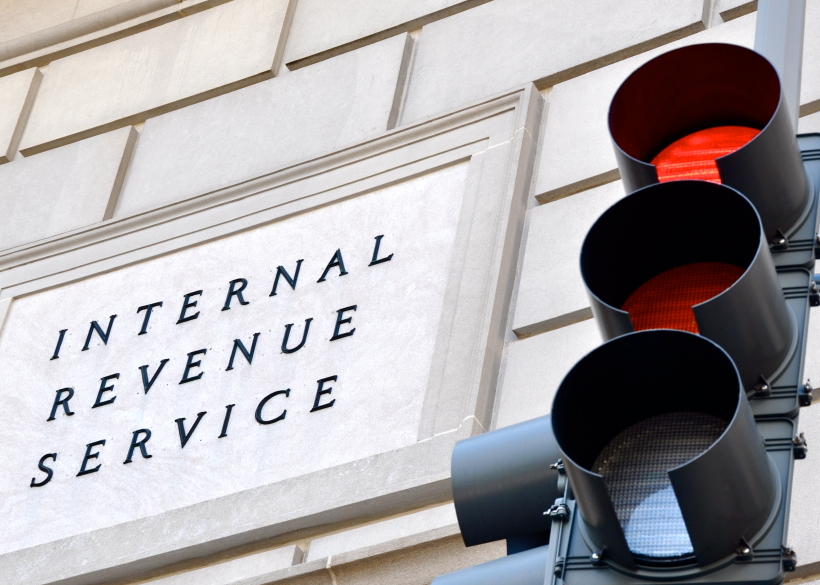
Although there are many reasons a nonprofit organization may be selected for an audit, several things heighten the chance of being selected. Things like irregularities on Form 990s, failure to file a Form 990, citizen complaints, having a relationship with another taxpayer currently being audited or receiving negative media attention can all increase your chance of being audited beyond the random internal IRS computer process.

As the IRS Exempt Organizations division indicated in its 2013 work plan, it is conducting a compliance check of self-declared tax-exempt organizations. The IRS recently mailed over 1,300 questionnaires to self-declared Section 501(c)(4), 501(c)(5), and 501(c)(6) organizations. The project is part of the IRS’ plan to gather information about self-declared exempt organizations, determine whether self-declared exempt organizations are complying with applicable tax-exempt law, and increase voluntary compliance.

t the end of 2012, the IRS introduced a voluntary classification settlement program (Settlement Program) to provide an incentive for employers with misclassified workers to comply.[1] The Settlement Program temporarily relaxes previous requirements and provides additional tax savings for those who qualify.

The IRS has released preliminary results from their study of tax-exempt organizations’ nonprofit governance practices. As expected, the preliminary findings suggest that organizations with good
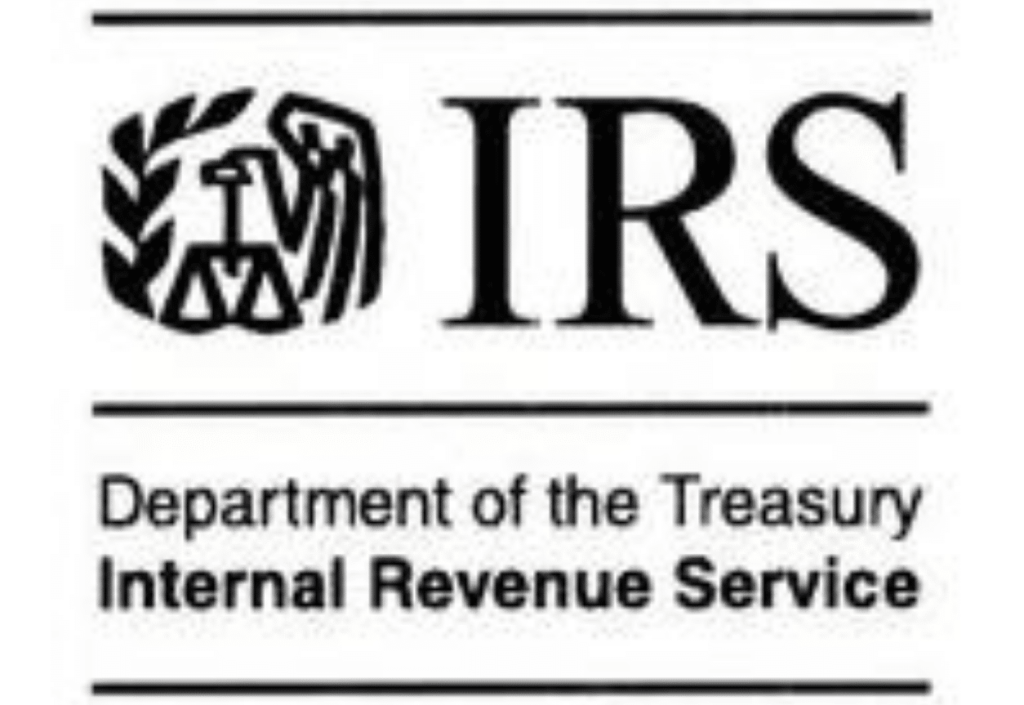
In its 2012 workplan, the IRS announced it will be paying closer attention to self-declared 501(c)(4), (c)(5) and (c)(6) organizations. These groups include social welfare organizations; labor, agricultural and horticultural groups; as well as business leagues and chambers of commerce. Such organizations consider themselves to be tax-exempt because of the nature of their activities, but they have not filed for nor received a formal determination letter from the IRS. These groups are allowed to operate without an official IRS determination because, unlike the 27 month filing deadline for 501(c)(3) charities, they are not subject to a deadline for filing an application for exemption.
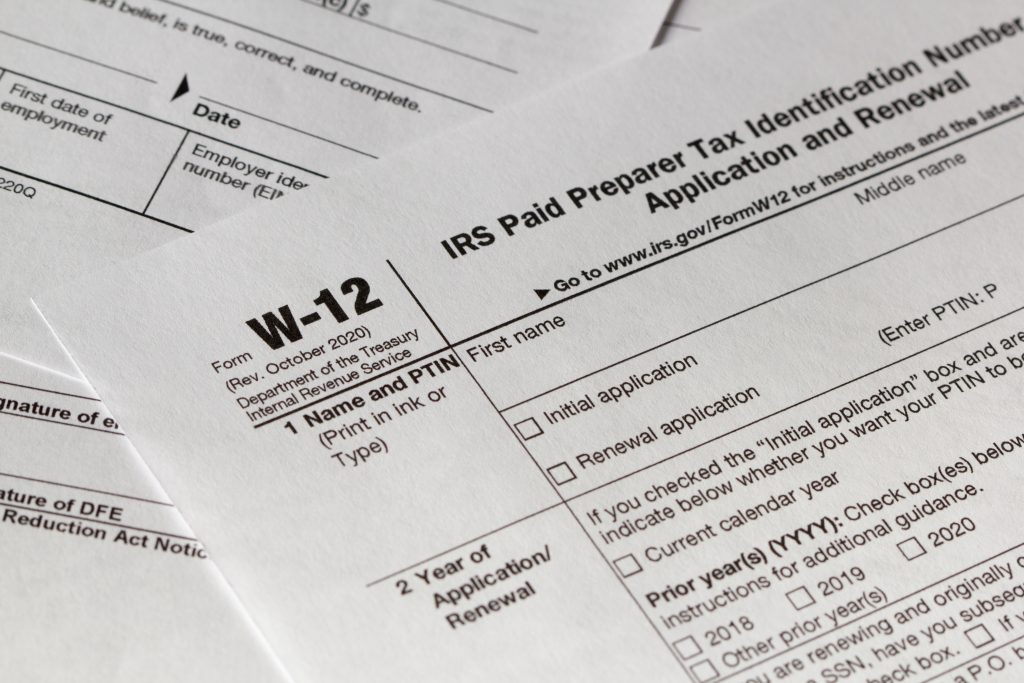
Charities should be aware that it is now illegal for anyone to receive compensation for preparing a return for someone else if they have not obtained a PTIN from the IRS first; a paid preparer who is not registered with the IRS is perpetrating fraud. If a charity chooses to work with an unregistered paid preparer, it opens itself up to IRS scrutiny and, possibly, denial of tax exemption plus additional attorneys’ fees to resolve any issues arising from the initial filing. Charities also need to keep in mind that the organization, regardless of whether or not a paid preparer was used, is ultimately responsible for the information in it’s exemption application.

(Updated 2025) The IRS has released a new form for tax-exempt organizations to use when they request determinations (other than initial exemption applications) about their
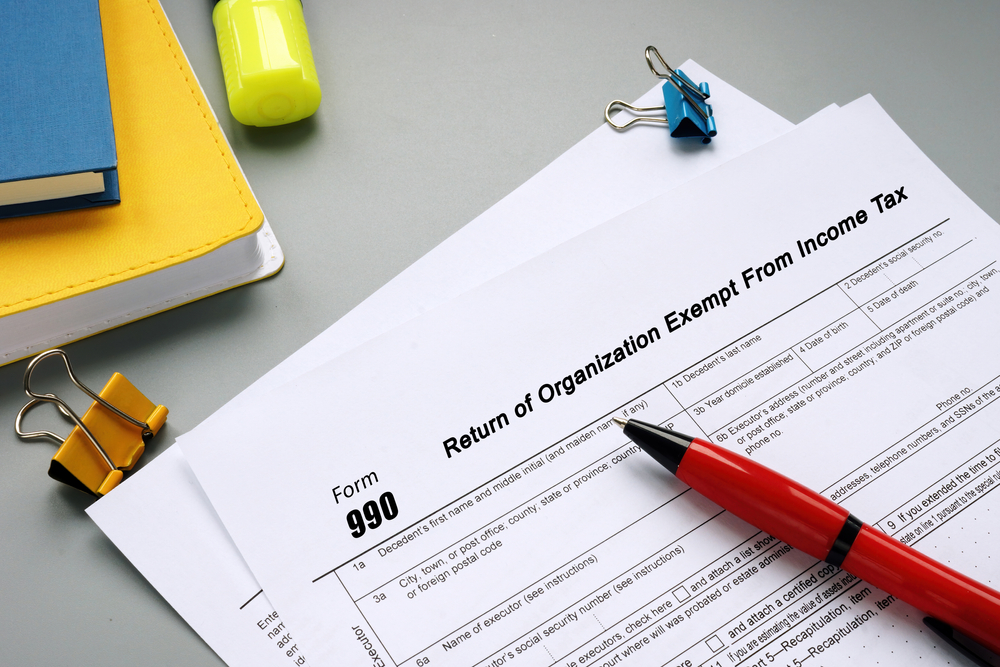
The IRS today issued guidance (Revenue Procedure 2011-15) that will allow more tax-exempt organizations to file the simplified e-Postcard rather than the Form 990-EZ or the standard Form 990.
For tax years beginning on or after January 1, 2010, most tax-exempt organizations whose gross annual receipts are normally $50,000 or less will be eligible to file the e-Postcard. Previously, the threshold was set at $25,000 or less. Supporting organizations of any size are still not eligible to file the Form 990-N. So, for the 2010 tax year, the new filing requirements are as follows:

Individuals and businesses making contributions to charity should keep in mind several important tax law provisions that have taken effect in recent years. Some of these changes include the following:
Download our free guide to learn about the many elements needed to run a successful nonprofit organization, as well as how to avoid common pitfalls and mistakes.